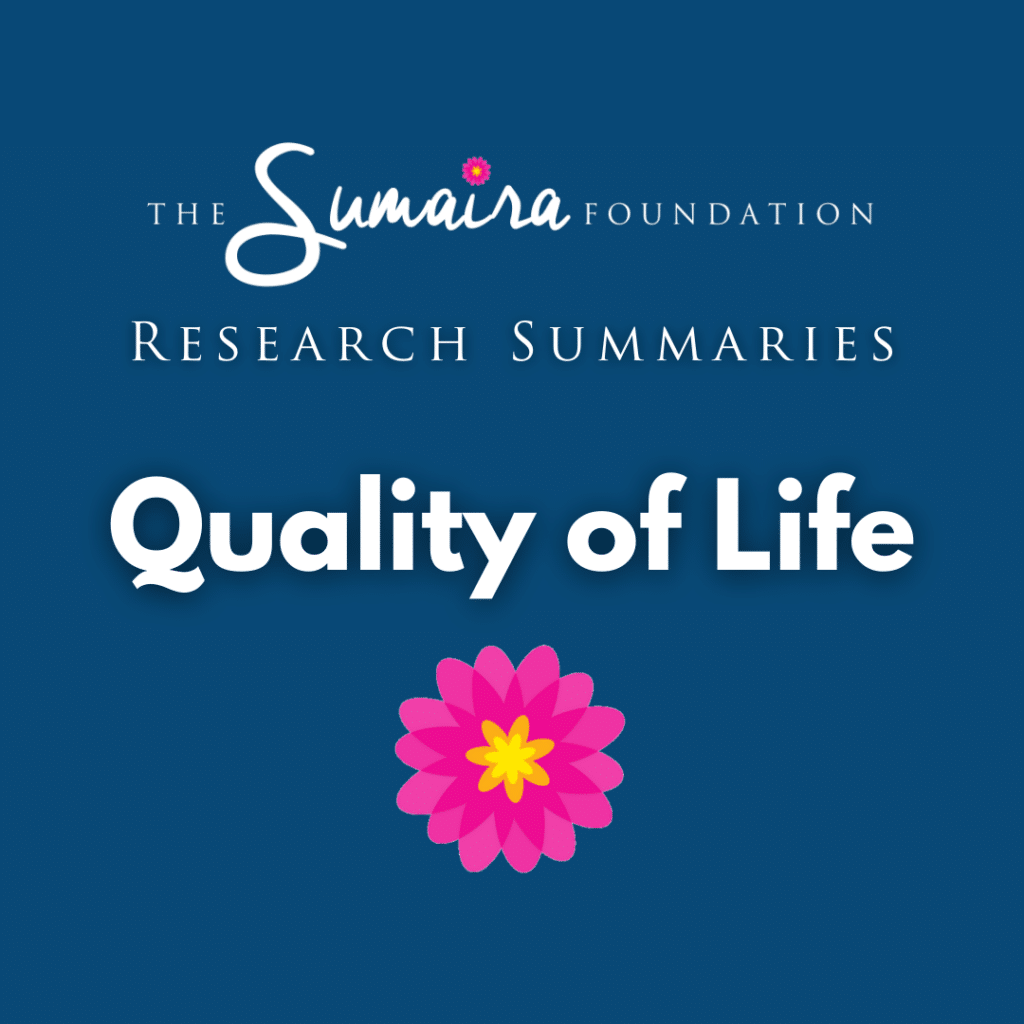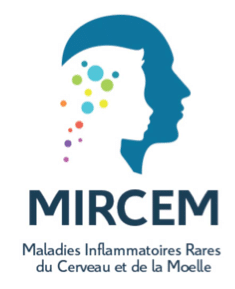
Quantifying the relationship between disability progression and quality of life in patients treated for NMOSD: Insights from the SAkura studies
Journal: Multiple Sclerosis and Related Disorders; October 14, 2021
Author(s): Michael Levy, Alan R. Haycox, Ursula Becker, Cristina Costantino, Elisabetta Damonte, Gaelle Klingelschmitt, H. Christian von Büdingen, Gene Wallenstein, D. Di Maio, Lech Szczechowsk
How disability affects quality of life in patients treated for NMOSD
This study used data from published clinical trials for the approved therapy satralizumab to assess how disability affects quality of life in patients with NMOSD. NMOSD considerably affects patients’ quality of life because of pain, impaired physical and cognitive function, deficits in sensation and/or motor function, loss of vision, sexual/bowel/bladder dysfunction, and mental health challenges, all of which can impact their ability to work or perform day-to-day activities. In this study, disability and quality of life scores were correlated for NMOSD patients in the SAkuraStar and SAkuraSky studies, which evaluated the effects of satralizumab administered alone or along with immunosuppressants. The study showed that with every additional disability accrual, the patients’ quality of life scores reduced.
Free Access: Full text






























